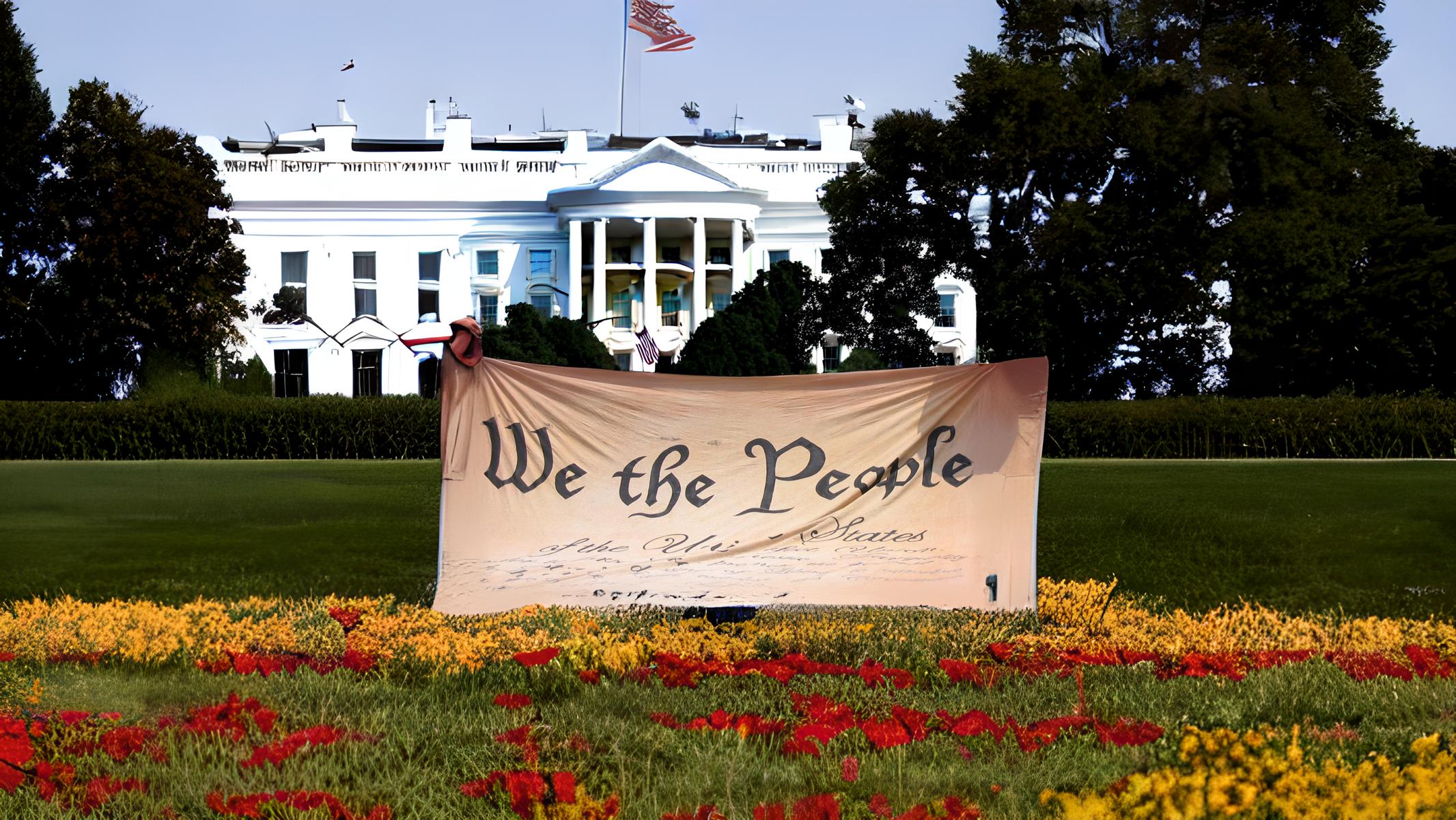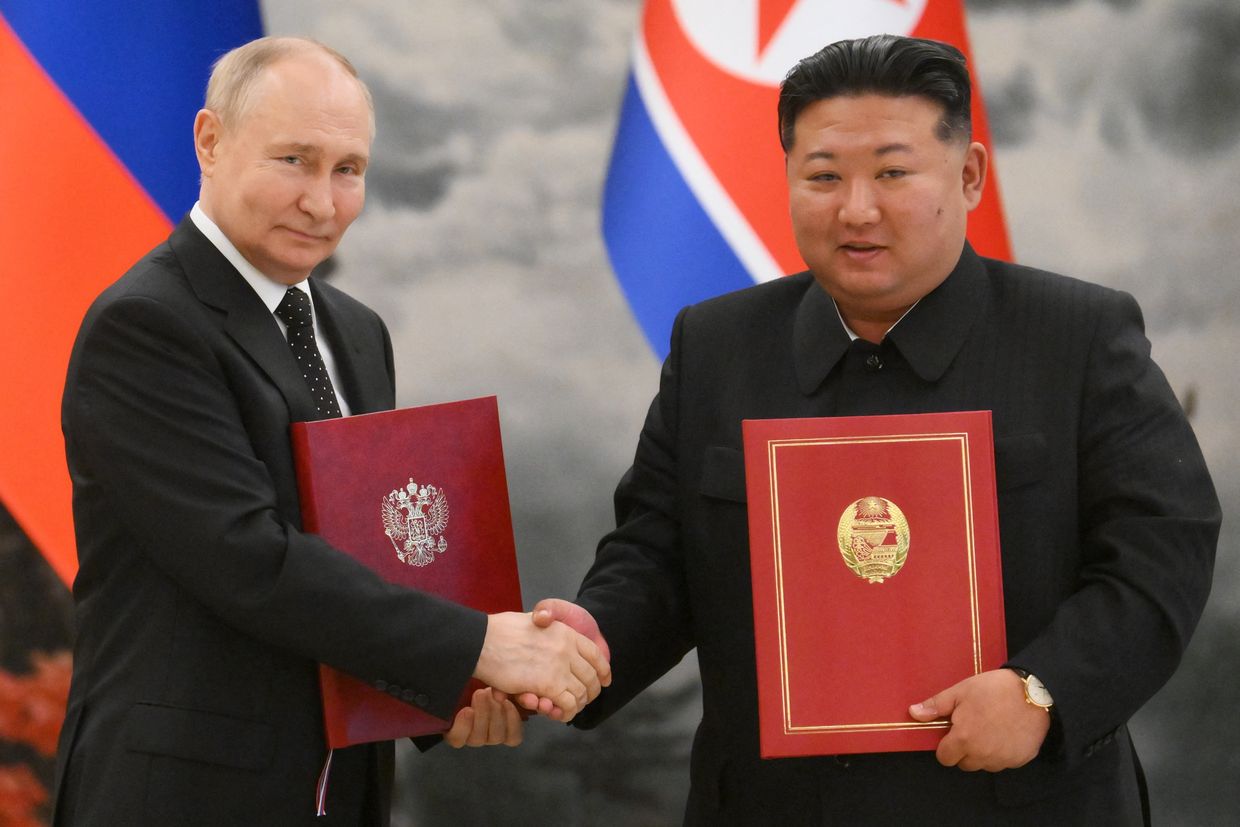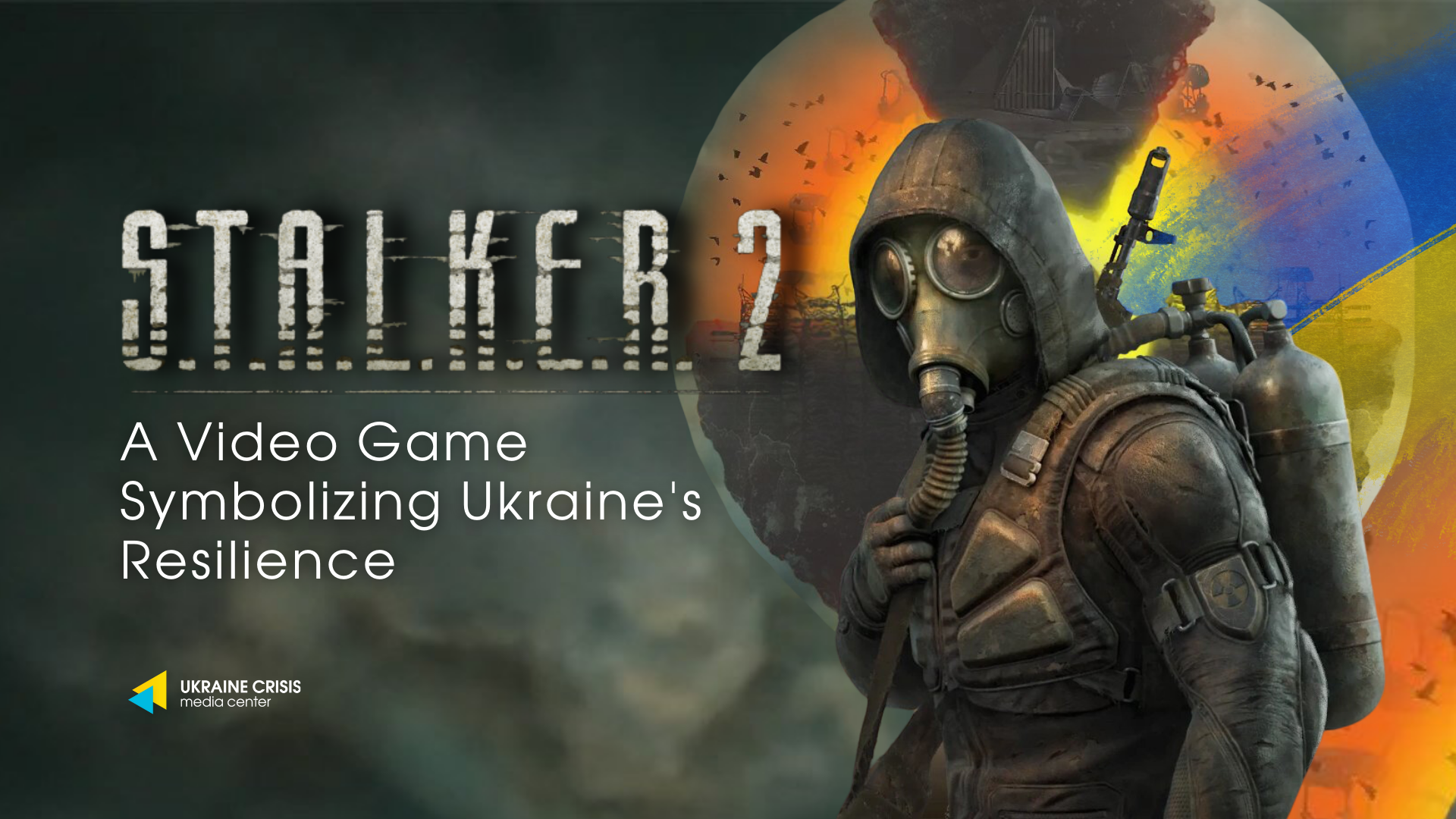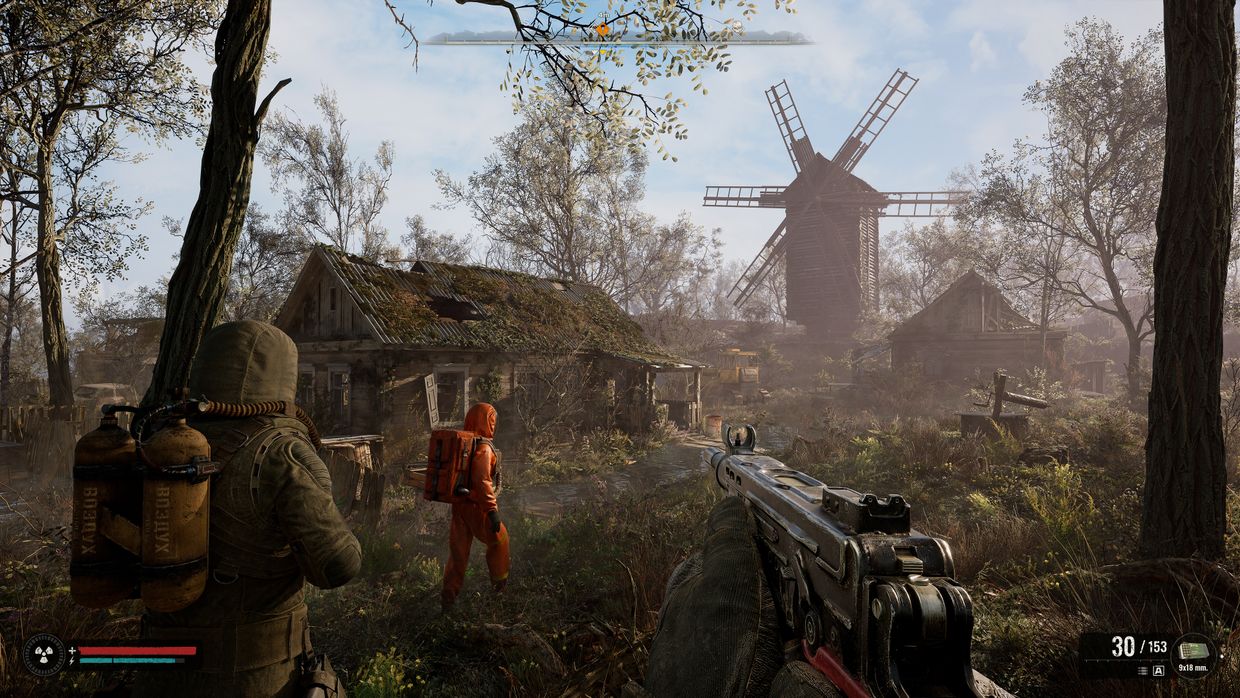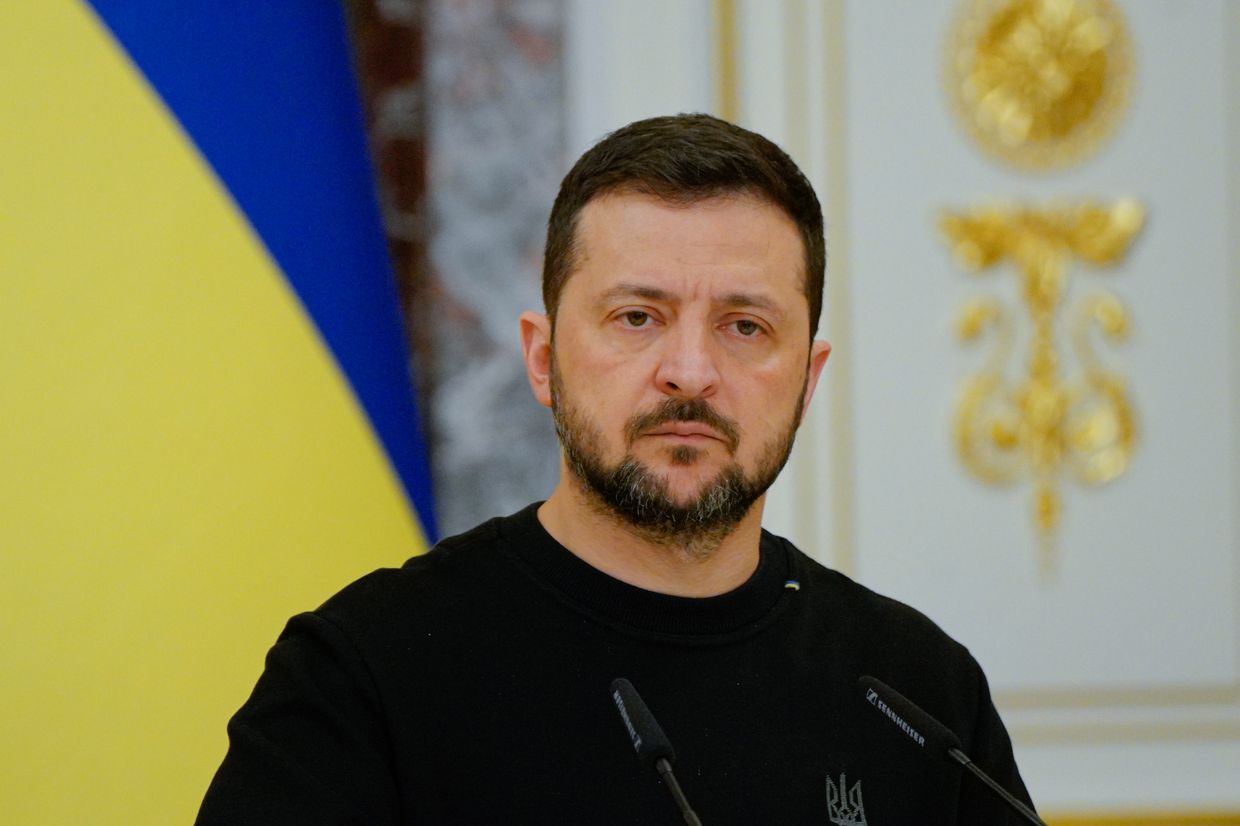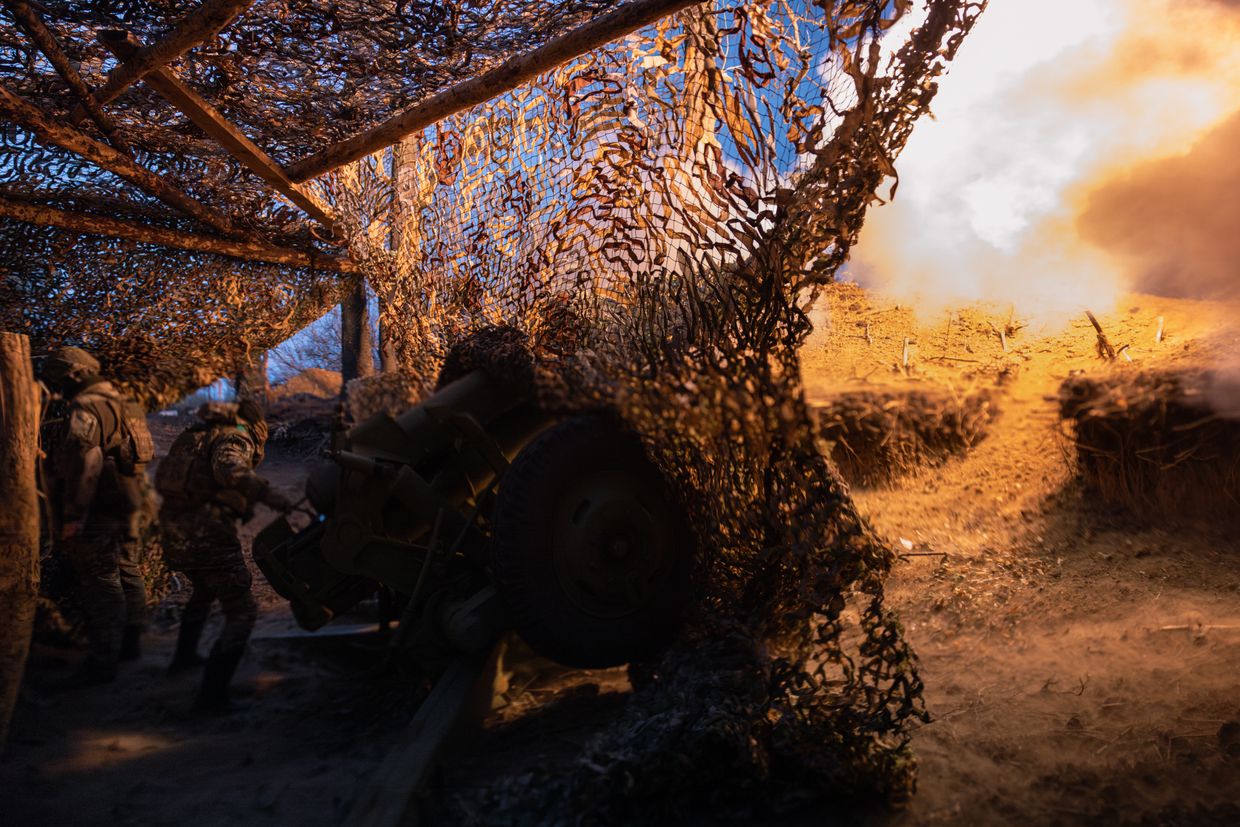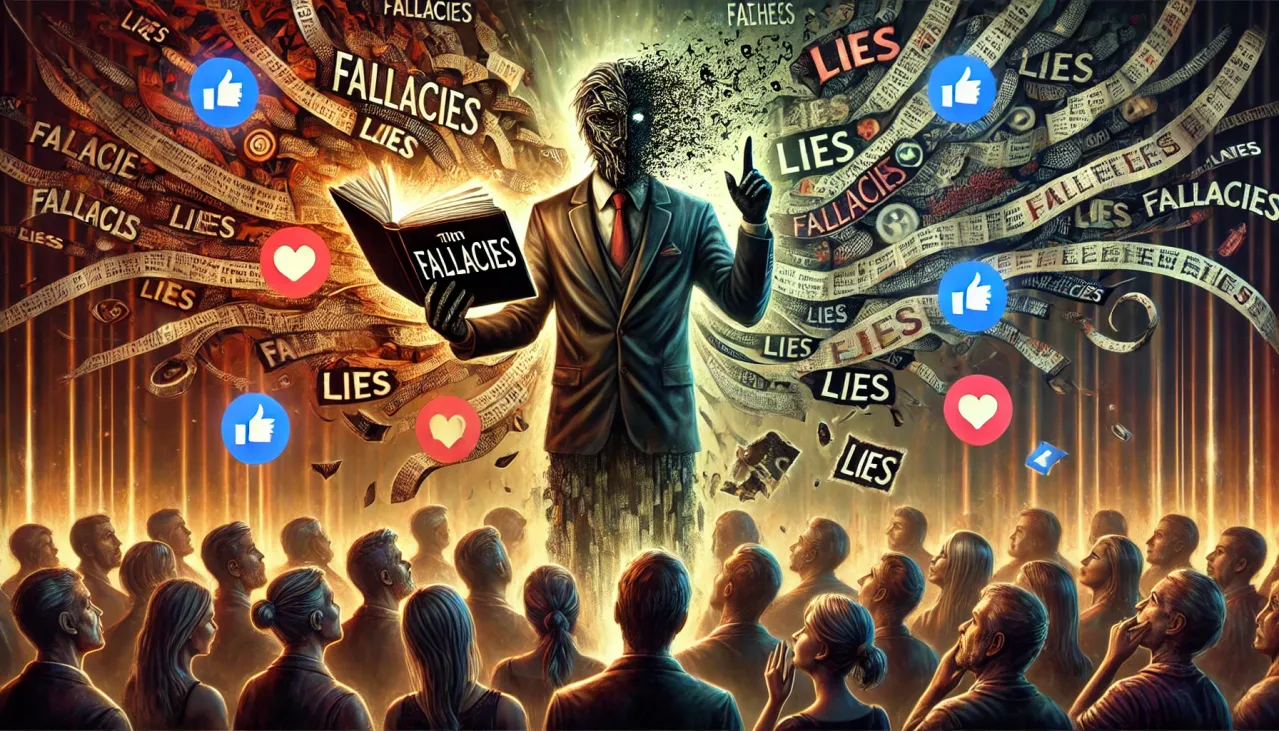Those who dare to speak truth to power must be silenced.
The early years: Crimea and Donbas
Shortly after Russian forces illegally seized Crimea in early 2014, arrests and court cases began against independent journalists. By spring 2014, Moscow initiated clashes in Donbas and the war was soon a reality. UNHCR noted that in all areas under Russian occupation, the new illegal authorities immediately began cutting off access to Ukrainian news outlets and replacing them with Russian alternatives. As early as March 2014, Russian units removed or seized television retransmission facilities, jammed Ukrainian-language television and radio channels, and replaced the signals of the main Ukrainian stations with Russian broadcasters.
The Kremlin’s regulators also initiated internet filters to limit Ukrainian traffic. Soon after, virtually all Crimea-based news outlets carried content supportive of the Russian or the new local pro-Russian authorities. After threats of being denied registration, independent local media organisations and many of their journalists moved to mainland Ukraine. In addition, deportation of the Crimean Tatar population and their advocacy groups started.
The Kremlin used the same playbook of removing and replacing Ukrainian outlets in the Donbas region, and later, during 2023-2024, in other occupied areas of south-eastern Ukraine.
‘Foreign agents’ and ‘undesirable organisations’
After Putin’s return as president in 2012, the Russian government introduced a foreign agent law . The Russian authorities have made frequent use of these labels, labelling more than 300 media outlets and thousands of individuals as ‘foreign agents’ in an attempt to silence prominent voices. The label ‘undesirable’ carries hefty sanctions: in addition to tough restriction of financial operations imposed on the ‘undesirable, it is a criminal offence to have business contacts with an ‘undesirable’, so they become toxic.
Enter 2022: censorship by law
While the developments in 2014-2021 were bad in every sense, this did not, formally, include Russian censorship by law. That, however, changed with the full-scale invasion of 24 February 2022: on 4 March, the Russian parliament adopted at record speed a new law ‘on responsibility for fakes about the Russian forces’. The law foresees fines of up to 1.5 million Rubles or up to 15 years of imprisonment for criticising the war or spreading what the authorities consider ‘false’ information, i.e., anything that deviates from the official line.
This definition is so vague, it can apply to almost anything and anyone. It can range from arresting journalists for posts on social media, to arresting the elderly for taking part in anti-war protests, to even sentencing parents for their children’s school drawings.
With this move, the Kremlin expanded formal laws adding to the already pervasive mechanisms of self-censorship. The Russian authorities handed out multi-year prison sentences in a steady flow to spread fear and petrify society.
How to control the Internet
Roskomnadzor, the official Russian media sector regulator, has been busy forcing tech companies to help the state in several ways: Internet traffic must run through servers inside Russia and the FSB can demand that companies disclose details of the traffic. Independent experts have documented that search engines such as Google News, Google Discover, and the popular Yandex accessed inside Russia prioritise content favourable to the authorities.
Early in 2022, Russian authorities started to block VPNs and by the end of October 2024, 197 VPN services had been blocked. Another instrument is to slow down the speed of particular social media channels so videos become practically inaccessible.
In addition, the Kremlin tries to flood information spaces that cannot be blocked with propaganda, seeking to blur, confuse, distract, or trick algorithms.
Lev Gershenzon, former Head of Yandex.News, concluded : ‘The majority of Russians see the world very different from what it is in reality’.
Don’t be deceived.
The post 1,000 and 4,000 days of censorship in support of Russia’s war against Ukraine appeared first on EUvsDisinfo.
Content Original Link:
https://euvsdisinfo.eu/1000-and-4000-days-of-censorship-in-support-of-russias-war-against-ukraine/


